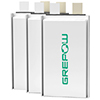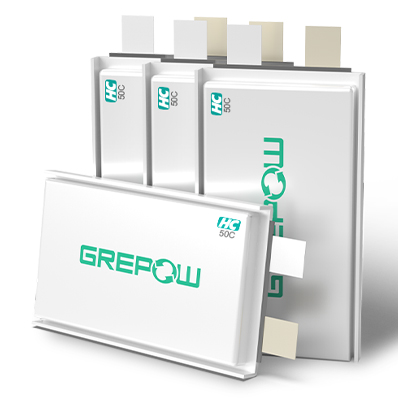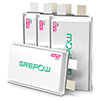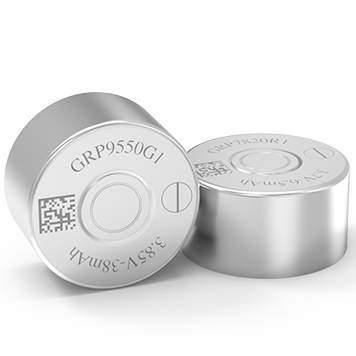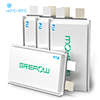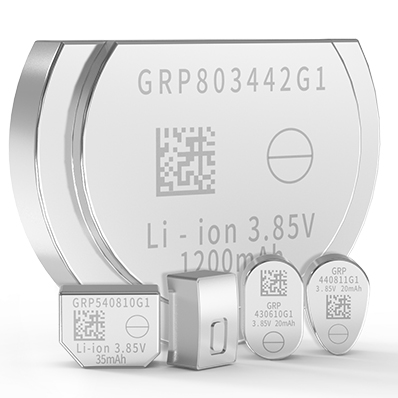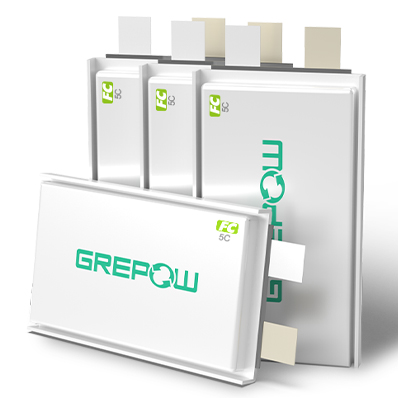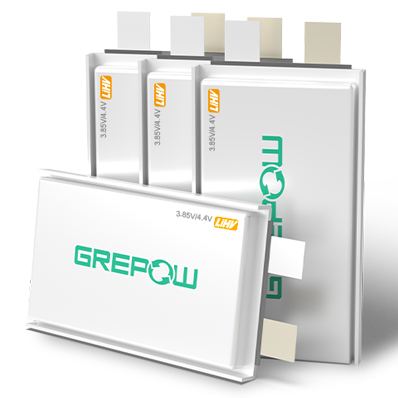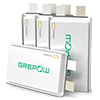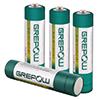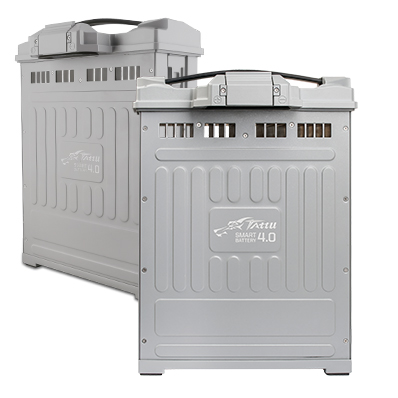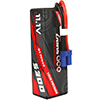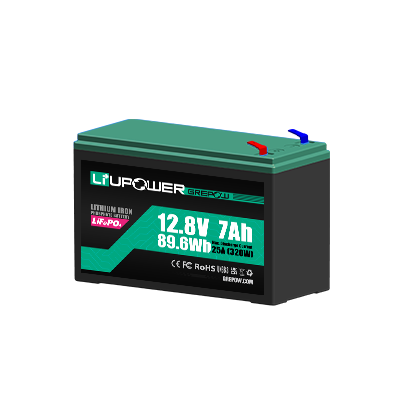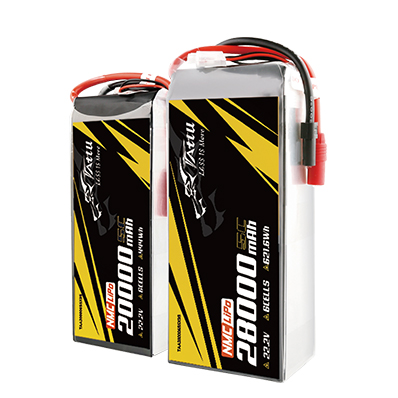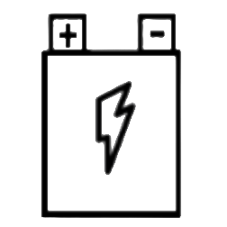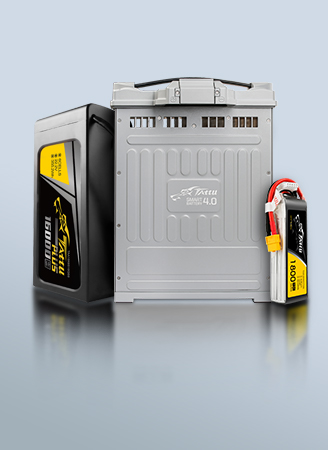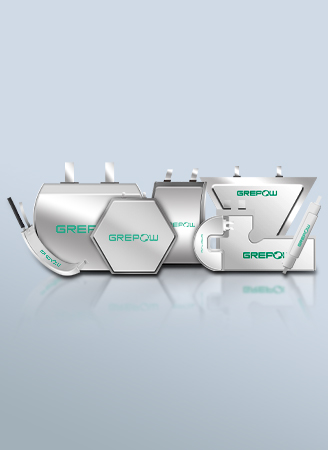Apple cars will go into production with breakthrough battery technology in 2024
Apple cars will go into production with breakthrough battery technology in 2024
According to several people familiar with the matter, Apple is advancing self-driving car technology and plans to produce a passenger car in 2024, which may be equipped with breakthrough battery technology independently developed by Apple.
Apple's efforts in the automotive field are called "Project Titan". It has designed its own cars from scratch since 2014, but the progress has not been smooth. Apple once gave up the effort to build a whole car, and focused on the development of self-driving software, and reassessed its goals. Doug Field, a veteran Apple employee who once worked at Tesla, returned to Apple in 2018 to lead the project and laid off 190 employees in the team in 2019.
According to two people familiar with the matter, Apple’s “Project Titan” has made great progress since then, and now plans to build a whole car for consumers. Apple's plan to create a personal car target for the mass market is in stark contrast with competitors such as Waymo, a self-driving car subsidiary of Google's parent company Alphabet. Waymo has created driverless taxis and tried to provide driverless taxi-hailing services.
According to a third person familiar with Apple's battery design, the core of Apple's car strategy is a new battery design that may "fundamentally" reduce battery costs and increase the car's range. Apple declined to comment on its plans or future products.
Even for Apple, designing a whole car from scratch still presents daunting supply chain challenges. Although Apple has strong financial resources and produces hundreds of millions of electronic products with parts and components from all over the world each year, it has never made a car. Elon Musk's Tesla took 17 years to achieve sustained profitability.
It is unclear who will help assemble Apple-branded cars, but people familiar with the matter predict that the company will rely on manufacturing partners to make cars. One of the people familiar with the matter added that Apple may still decide to narrow its efforts to only develop autonomous driving systems and integrate them with cars produced by traditional automakers instead of selling Apple-branded cars.
Two people familiar with Apple's plan warned that the delays related to the new crown pneumonia epidemic may delay the start of Apple cars to 2025 or later. But Apple has decided to obtain development support from external partners, including the introduction of lidar sensors, which can help self-driving cars obtain a three-dimensional view of the road.
People familiar with the matter also said that Apple cars may be equipped with multiple lidar sensors for scanning different distances. And some sensors may come from a lidar unit developed internally by Apple. Apple’s iPhone 12 Pro and iPad Pro released this year are equipped with lidar sensors.
Previously, there were media reports that Apple had negotiated with potential lidar suppliers, but the company was also studying manufacturing its own sensors.
As for car batteries, people familiar with the matter said that Apple plans to use a unique "single battery" design to increase the volume of the single cells in the battery by eliminating the bags and modules that contain the battery material and release the changes inside the battery pack. More space.
Apple's design means that the battery can be filled with more active materials, making the car's potential cruising range longer. The person familiar with the matter said that Apple is also studying the chemical composition of a battery called LFP (Lithium Iron Phosphate), which is unlikely to overheat by itself, so it is safer than other types of lithium-ion batteries.
When talking about Apple's battery technology, people familiar with the matter commented: "This means that Apple has pushed car battery technology to a whole new level, just like the first time we saw the iPhone."
It is reported that Apple had previously negotiated with Magna International on the manufacturing of automobiles, but as Apple's plan became increasingly unclear, the negotiations finally ended. Magna did not immediately respond to a request for comment.
In order to achieve profitability, the capacity normally required by auto contract manufacturers may also pose a challenge to Apple, because Apple will be a newcomer to the auto market. A person familiar with the matter said: "In order to have a viable assembly plant, Apple needs to produce 100,000 cars every year, and it will increase year by year."
Related Articles
-
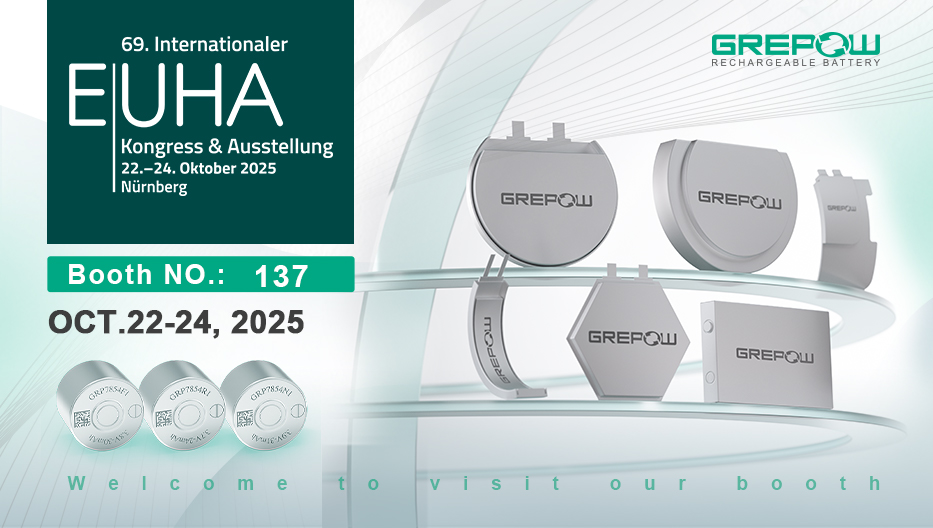
Join Grepow at EUHA 2025: Discover the Next Generation of Ultra-Thin Hearing Aid Batteries
2025-10-22 -
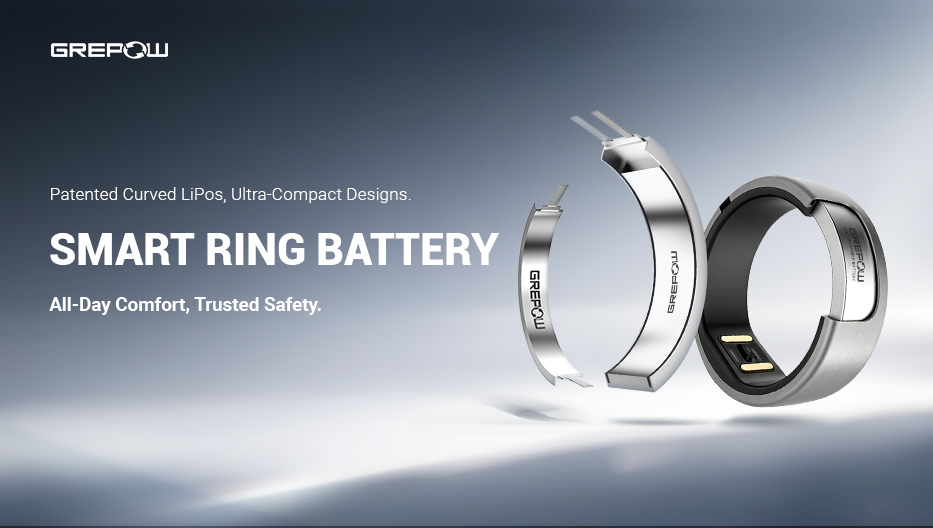
Powering the Future of Wearables: How Grepow's Patented Curved Battery is Revolutionizing the Smart Ring
2025-10-16 -
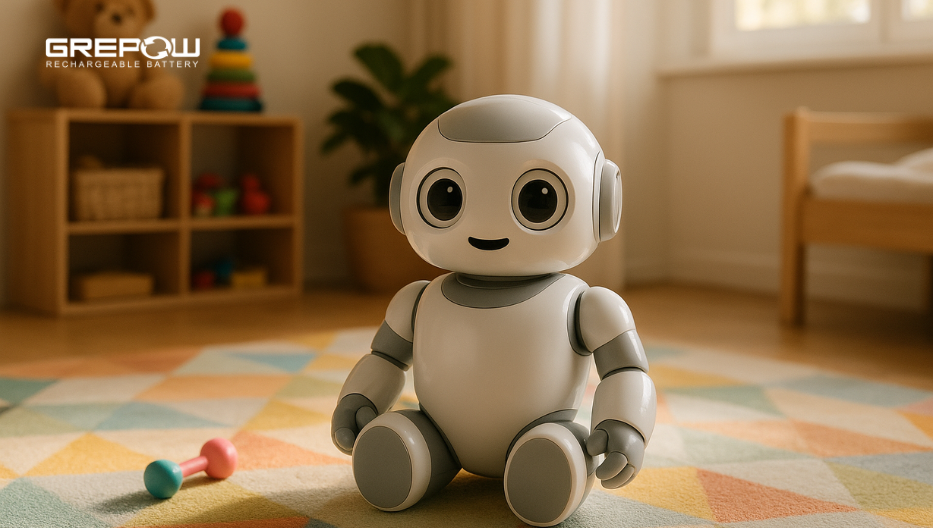
AI Toys Leap into Innovation: Why Battery Choice Matters
2025-09-26

